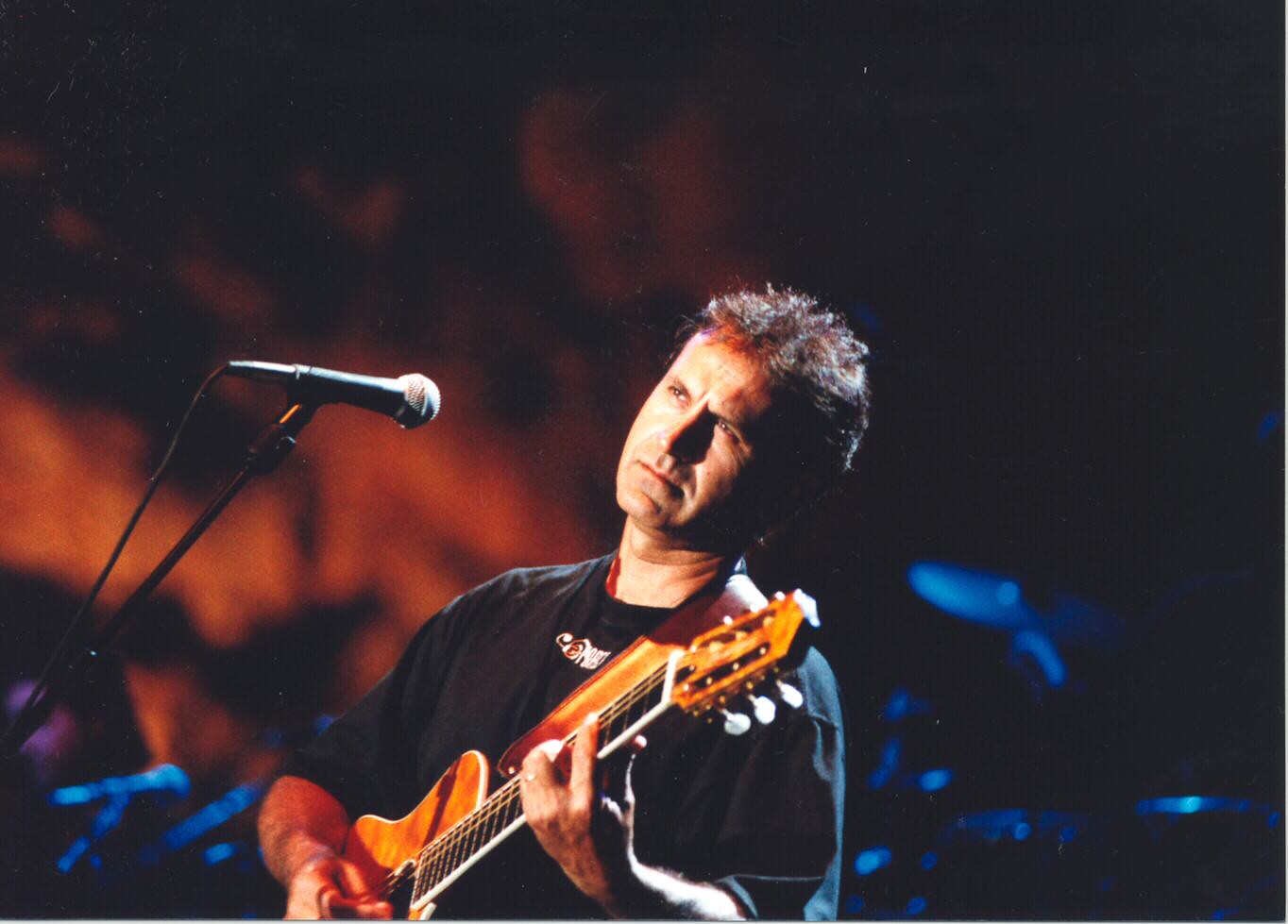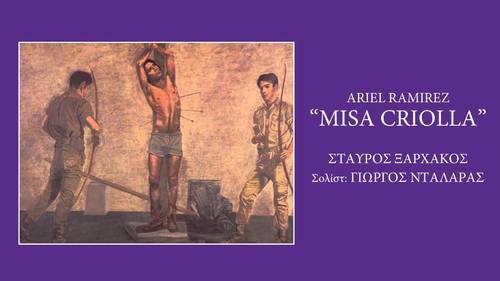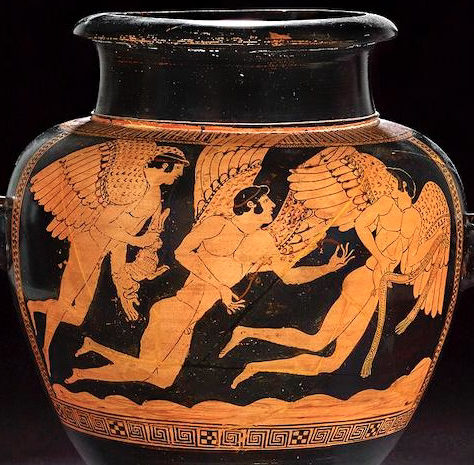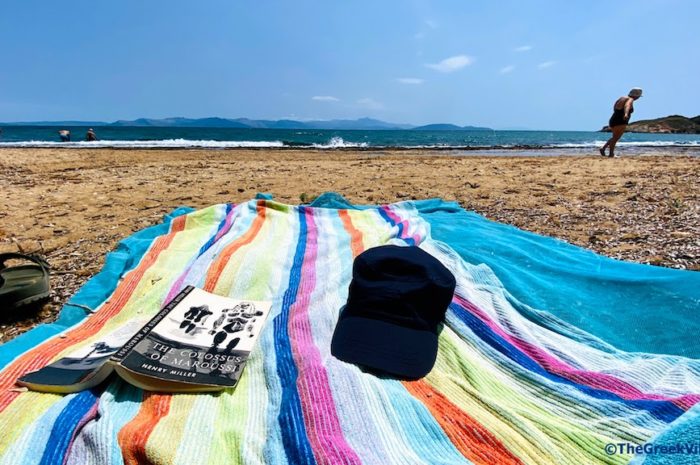
Much has been said about singer/instrumentalist extraordinaire George Dalaras. There is perhaps no other Greek singer to have been attacked as much as he, whether for his role in politics, his affluence or his viewpoints. In Dalaras, his critics have found the perfect scapegoat… for many, artists – whatever the art – should have no voice, for others they should speak up, and yet when they do… they are ostracized for not being what the majority at any given time expects.

Politics and reproach aside, The Greek Vibe presents George Dalaras the performer. The artist who has managed to speak to the heart not only of the Greeks in Greece but to millions of diaspora Greeks of all generations, who – through his voice – nostalgically travel to their homelands. He has worked with some of the world’s supreme artists and is well respected outside Greek borders not only for his interpretations but also as a talented musician and above all a fine professional. Charting out Dalaras’ repertoire is without a doubt a huge task and one that cannot fit into a single post. This said, I have selected a recording that has received fairly little attention but is a performance that swept me off my feet when I first heard it in my late teens.
►Greek Music 101
‘Misa Criolla’ – An Epic Musical Work
Misa Criolla (or Creole Mass) is an epic work, a Spanish-language mass set to the traditional sounds and rhythms (chacarera, carnavalito, estilo pampeano) of South America. The earthly song of the Andes is deified when orchestra, choir and soloists all unite to produce a compelling whole. The oratorio was penned in 1964 by Argentinian composer Ariel Ramirez, inspired by the gauchos (cowboys) and creoles of South America during his extensive studies in South American musical idioms. Ramirez spent much of his life exploring folk traditions, living and working for long periods throughout the continent. Misa Criolla is his signature work consisting of five hymns: “Kyrie”, “Gloria”, “Credo”, “Sanctus” and “Agnus dei”. Describing it as a tribute to human dignity, courage and freedom, Ramirez is said to have composed the oratorio urged by a group of nuns to create a spiritual piece after a post-Holocaust visit to Germany.
“Gloria” Dalaras delivers a riveting performance.
“Credo”, the third hymn, with the driving percussion leading orchestra, choir and Dalaras into a musical delirium.
The album has sold millions of copies worldwide and has been performed by such acclaimed artists as Mercedes Sosa, Jose Carreras, Catherine Jenkins and our own Nana Mouskouri. Each has brought to the work a unique sound and feel, and yet for me, Dalaras gave it human dimension.
Recorded live in April 1989 at Athens cathedral Agios Dionysios, Misa Criolla also featured Athens-based Mexican-born singer Marta Moreleon and acclaimed Greek composer Stavros Xarhakos at the podium.
An imposing harpsichord introduction: “Angus Dei”.
Xarhakos achieves an uplifting interplay of sacred and secular as the worldly sound of traditional Andean instruments combines with the elaborate fullness of the orchestra and choir creating a compelling whole that balances with Dalaras’ earthly vocals.
Though there have been many recordings of the Misa Criolla, I do believe Dalaras’ interpretation and Xarhakos’ arrangements brought the work to a human level… Much like the commanding catholic cathedrals and the humble Greek churches, the first reach for the skies and the latter seek the sky within.
Enjoy.



